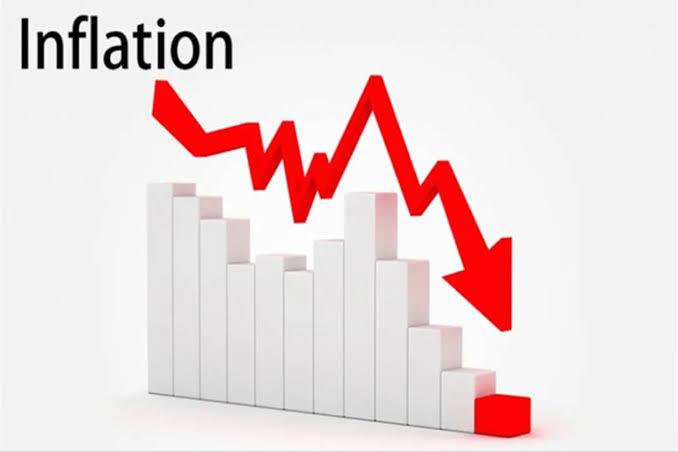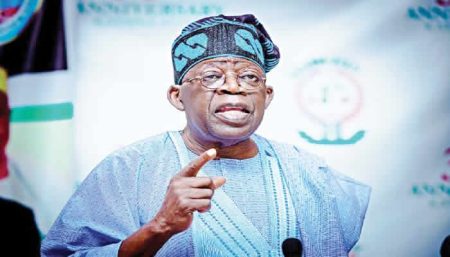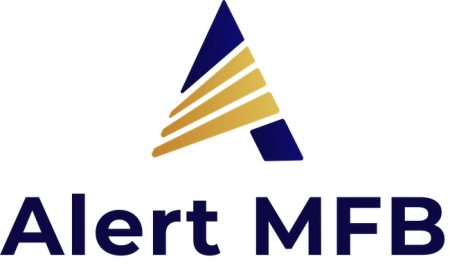Paragraph 1: Nigeria Rebases Consumer Price Index, Inflation Drops
Nigeria’s National Bureau of Statistics (NBS) announced a significant drop in the country’s headline inflation rate to 24.48% in January 2025, down from 34.80% in December 2024. This decrease follows the rebasing of the Consumer Price Index (CPI), a crucial measure of inflation. The rebasing, which shifted the base year from 2009 to 2024, aimed to provide a more accurate reflection of current economic realities and consumption patterns. The Statistician-General, Prince Adeyemi Adeniran, explained that the rebasing incorporated updated methodologies, including the adoption of the Classification of Individual Consumption According to Purpose 2018 version and the exclusion of non-monetary expenditures like own-production and imputed rents. This modernization aligns Nigeria’s CPI calculations with international best practices and enhances the credibility of the nation’s inflation data.
Paragraph 2: Understanding the Rebasing and Its Implications
The rebasing exercise, overdue by a decade, involved extensive consultations with various stakeholders, including the Central Bank of Nigeria, international financial institutions, and local economic groups. The updated CPI provides a more nuanced view of inflation by incorporating new special indices for specific sectors such as farm produce, energy, services, goods, and imported food. While the headline inflation rate decrease appears positive, it’s crucial to understand that this doesn’t necessarily translate to a drop in actual prices. The rebasing primarily alters the way inflation is calculated, adjusting the weights assigned to different goods and services in the inflation basket. The previous methodology likely overemphasized food inflation, while the new approach provides a more balanced representation of current consumption patterns.
Paragraph 3: Analysts’ Reactions and Expectations
Financial and economic analysts have responded positively to the rebasing, viewing it as a crucial step towards more informed decision-making by policymakers. Experts believe the updated inflation data could influence the Central Bank of Nigeria’s Monetary Policy Committee (MPC) to consider lowering the Monetary Policy Rate (MPR), the benchmark interest rate. Lowering the MPR could stimulate economic growth by reducing borrowing costs for businesses and individuals. However, they caution against celebrating the reduced inflation figures as a sign of lower prices, emphasizing that the cost of living remains high for most Nigerians. The analysts stress the need for further government intervention to address the underlying factors driving inflation, particularly in essential sectors like food and energy.
Paragraph 4: Concerns about High Prices and Cost of Living
Despite the rebasing and the reported drop in inflation, the reality of high prices persists for Nigerian households and businesses. Experts point out that the rebasing only changes the measurement method, not the actual price levels. The cost of essential goods and services, including food, transportation, and energy, remains elevated, putting a strain on household budgets and impacting businesses’ operational costs. Concerns about the strength of the naira, high interest rates, import costs, and insecurity continue to weigh on the economy. Analysts argue that a true reduction in the general price level, or disinflation, is what Nigerians need to experience tangible relief.
Paragraph 5: Calls for Targeted Interventions and Policy Adjustments
Experts and business groups are calling for targeted interventions by the government to address the persistent inflationary pressures and improve economic stability. They emphasize the need to focus on boosting agricultural productivity, reducing post-harvest losses, and improving infrastructure for food storage and transportation to tackle high food prices, which contribute significantly to overall inflation. Stabilizing the exchange rate and promoting local production are seen as crucial for strengthening the naira and controlling import-driven price increases. Fiscal discipline, prioritizing infrastructure investments, and social programs are other key areas for government action to manage inflationary pressures.
Paragraph 6: Balancing Inflation Control and Economic Growth
The Central Bank of Nigeria faces the delicate task of balancing inflation control with the need to support economic growth. Analysts urge the CBN to carefully consider its monetary policy decisions, ensuring that interest rate adjustments strike a balance between curbing inflation and fostering economic activity. They note that simply lowering interest rates without addressing the underlying drivers of inflation may not be sufficient to improve living standards for most Nigerians. A comprehensive approach involving both monetary and fiscal policies, coupled with structural reforms to improve productivity and efficiency in key sectors, is required to achieve sustainable economic growth and improve the lives of ordinary Nigerians.














